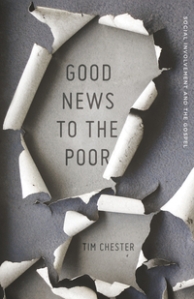At the beginning of the week, I committed to walking our neighborhood every day-focusing on the poorer parts. I usually took at least 1 kid or husband and 1 dog (our smaller one because she’s cute and less intimidating than our bigger one). Some observations:
- I live in a racially diverse neighborhood- White, Latino and African-American
- People work on their cars in their yard/driveway. I don’t work on my car-I’m certain I would kill it if I did but if I didn’t have the money to get it fixed-I suppose I’d have no choice. My neighbors likely don’t have a choice.
- People grill in their front yard-not their back yard. (Have we always grilled in the backyard?) We grill in the front now.
- People spend time outside-whether it’s hot or not.
- Clotheslines. I’ve observed many clotheslines in our neighborhood. They aren’t just for decoration. They get used and seemingly used often. Thinking that through….it means they are used because of lack of funds, space, availability of a clothes dryer. Something I never even think twice about having and using.
- Kids (and some adults) like our dog and she likes them. Having the dog with us creates opportunities to meet people. Example: my husband and I were walking through the parking lot of the neighborhood laundromat. There was a Latino family inside. Their 3 kids saw our dog and started pointing and getting excited. We came toward the door and indicated that we’d be happy to let them meet Ginger. The family came out and we had a 10ish minute conversation with them-turns out they immigrated from Honduras.
- Trash cans are left in the front yard. In my old neighborhood, we received nasty letters if a trash can was left out. I’ve heard my old neighborhood referred to as Disneyland. The place where everything is perfectly manicured and landscaped. We definitely don’t live in Disneyland any more.
Yes, my neighborhood has a laundromat and many more check cashing, pawn shops and title loan places. It’s very different from where we used to live and I’m thankful. I guess you’d say my ‘theology of neighborhoods’ has changed. I don’t think of ‘bad neighborhoods’ the way I used to–as places to avoid at all costs. I think of them as places where the brokenness of sin is on display to the outside world–as opposed to hidden away behind manicured landscaping and closed, attached garages. I think of them as places to shine the light of Gospel truth rather than places to be written off as Godless and hopeless.

